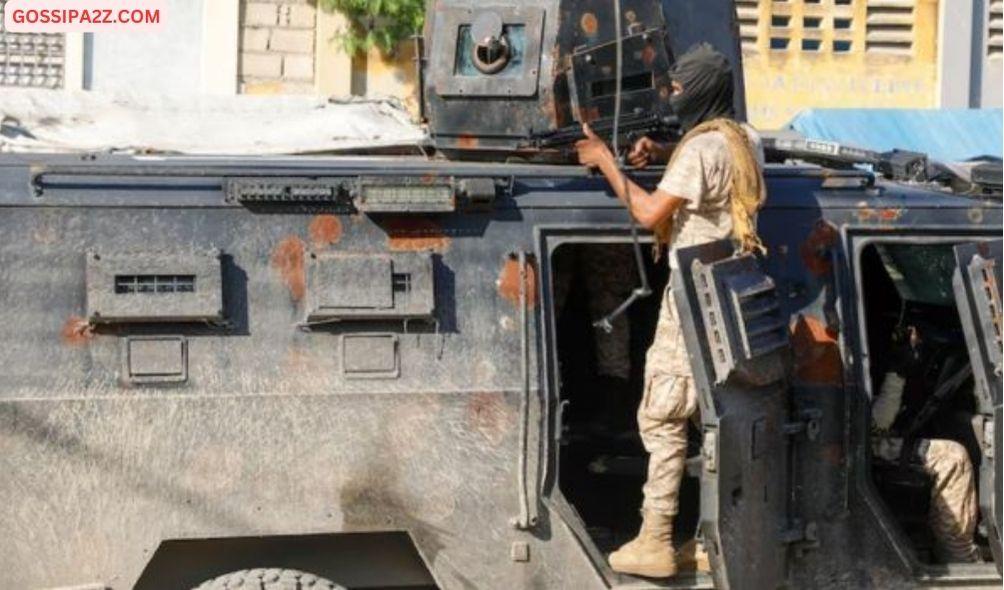Kenyan-Led Haiti Mission Hits Snag as Another Nation Quits: Ruto Faces Setback
The government of Trinidad and Tobago has withdrawn from the Multinational Security Mission (MSS) to Haiti, which was led by Kenya and sanctioned by the United Nations Security Council.
On Tuesday, April 2, the Foreign and Caricom Affairs Minister, Dr. Amery Browne, informed the media that the government had made a conclusive determination concerning the deployment of troops to assist in combating gangs in Haiti.
“Trinidad and Tobago has been in support of action to treat the Haiti situation. We have provided financial support as well as human resources to Caricom Good Offices efforts, to the Eminent Persons Group, and to the other diplomatic foundation that has been laid in preparation for the Multinational Force,” Browne stated
In a straightforward statement, the Prime Minister of Trinidad expressed that their country cannot currently provide military support to the troubled Caribbean nation.
“Contributions of boots on the ground as it were, the prime minister has made it very clear that is the current position of the Republic of Trinidad and Tobago, that we are not in a position to contribute military forces, police officers or boots on the ground at this stage for that particular effort,” he added.
The nation, nonetheless, pledged to collaborate with fellow members of the Caribbean Community regional bloc, CARICOM, to tackle the challenges confronting Haiti.
ALSO READ:
- Raila Ally Breaks Silence After Ruto-Uhuru Meeting
- Gachagua Close Ally Karungo Wa Thang’wa Accepts Ruto’s CBS Award
- Gov’t to Release Ksh.32 Billion to Counties Next Week – DP Kindiki
- High Court Strikes Down Ruto-Raila 2023 IEBC Amendment Bill
- Kenya Water Towers Agency Dissolved: Government Moves to Streamline State Corporations
“So that position is maintained, but, we will continue to receive updates and to contribute to Caricom and further interface with that very concerning crisis.”
The CARICIOM bloc convened with leaders from various nations, including the United States and Canada, on March 11th. They aimed to establish a seven-member presidential panel tasked with selecting an interim Prime Minister in the wake of the resignation of Haiti’s former leader, Ariel Henry.
The Kenyan police deployment to Haiti encountered numerous obstacles before the mission. Ariel Henry’s resignation prompted the Kenyan government to pause the plans until a stable governing body could be established.
However, in early April, conflicts emerged among the political figures engaged in establishing a transition council.
The departing Prime Minister expressed skepticism regarding the legitimacy of the mediation body, asserting that the council was unconstitutional and therefore unlawful.
On March 1, Interior Cabinet Secretary Kithure Kindiki and the Security Minister of Haiti inked a pact at the State House, witnessed by President William Ruto and Haiti’s Prime Minister Ariel Henry, aimed at sending officers to assist in reinstating peace in Haiti.
Kenyan-Led Haiti Mission Hits Snag as Another Nation Quits: Ruto Faces Setback
